Health
-

Break in the case for long COVID investigators
Research highlighting chronic inflammation opens path to treating illness that affects millions of Americans

-

The problem with the school smartphone debate
Study finds most districts already regulate devices. Is the real issue enforcement?

-
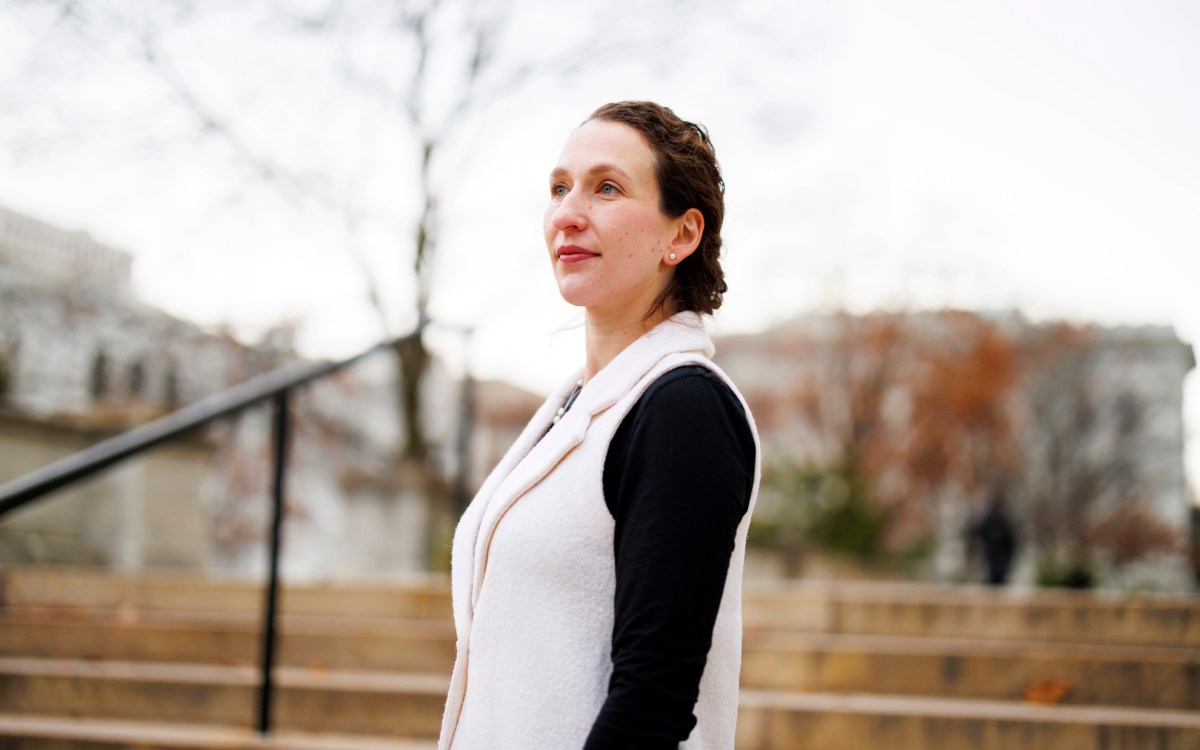
Just who gets a say at FDA public drug-approval hearings?
New research shows negative voices are relatively rare in drug approval hearings.
-

Your digital twin might save your life
AI, statistics offer new possibilities for personalized medicine
-

Time to legalize psychedelics?
Campus debate weighs therapeutic need vs. safety questions
-

How a toxin from the gut microbiome may help spark colorectal cancer
Findings suggest colibactin may be promising target for disease prevention

-
Put down those cold cuts
Longitudinal study associates increasing consumption of red meat, especially processed meat, over eight years with a higher risk of death in the subsequent eight years.

-
Streamlining care through electronic consultations
Mass. General researchers have found that electronic consultations in allergy and immunology can simplify the process of providing the most appropriate care, often reducing the need for in-person specialist visits.

-
As measles cases crack 1,000, a look at what to do
Harvard public health and public safety experts recommended public education, elimination of nonmedical vaccination exemptions for schoolkids, and potentially more severe penalties as a way to get parents to comply with measles vaccination guidelines.
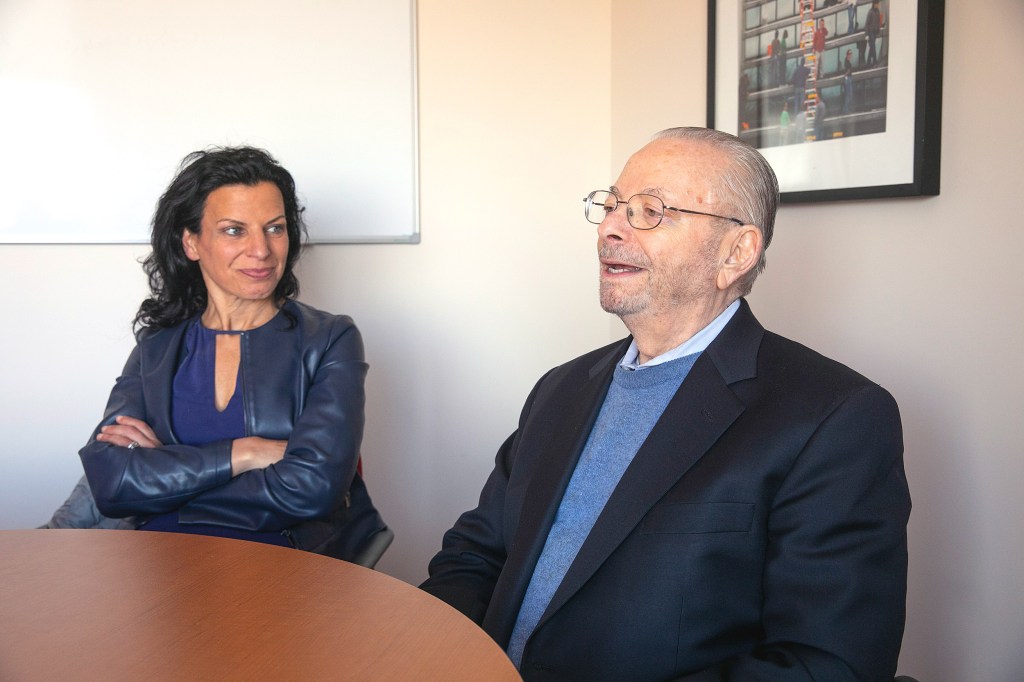
-
Aging population increases energy use
Two global trends — the aging of the world’s population and the warming of its atmosphere — are set to collide in the decades to come, new work by an MGH and HMS researcher shows.
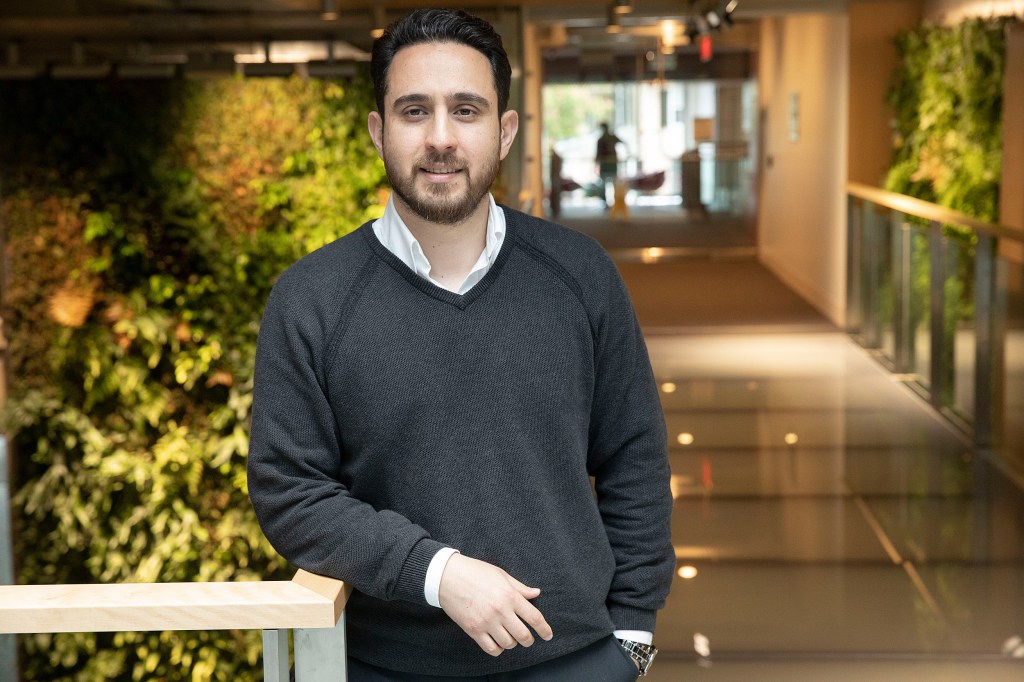
-
A warning for youth
Compared with vitamins, dietary supplements for weight loss, muscle building, and energy were associated with nearly three times the risk of severe medical events in children and young adults.

-
What we eat and why we eat it
Harvard Ph.D. students explore the culture and science of food in the latest episodes of the Veritalk podcast. The talks cover veganism, gut health, food and diaspora, and childhood obesity.

-
Walk this way
For many older women, the 10,000-step-a-day paradigm may seem daunting, but a new study suggests just 7,500 confers the same mortality-lowering benefit.

-
Proven opioid treatment faces roadblocks
A Harvard Chan School study reveals that buprenorphine-naloxone, a highly effective, evidence-based treatment for opioid use disorder, is difficult to access in states with high rates of death associated with opiates.

-
Novel protocol improves pancreatic cancer outcomes
Adding the blood-pressure drug losartan to the intensive chemo and radiation protocol for treating locally advanced pancreatic cancer allowed complete removal of the tumor in 61 percent of trial participants and significantly improved survival rates.

-
The IBD–gut bug connection
A new study is the first to have observed the complex set of chemical and molecular events that disrupt the microbiome and trigger immune responses during flare-ups of inflammatory bowel diseases (IBD), including Crohn’s disease and ulcerative colitis.

-
Shorter shifts lead to better-rested doctors
In a multiyear randomized clinical trial, investigators from Brigham and Women’s Hospital found that senior resident physicians who work no more than 16 consecutive hours get an average of 8 percent more sleep than those who work extended-duration shifts of 24 hours or more.

-
Catch a virus by the tail
Scientists uncover a key mechanism that allows some of the deadliest human RNA viruses to replicate, and it resides in the tail end of the viruses. The findings identify new targets to inhibit viral replication and may inform the development of a new class of antiviral drugs.
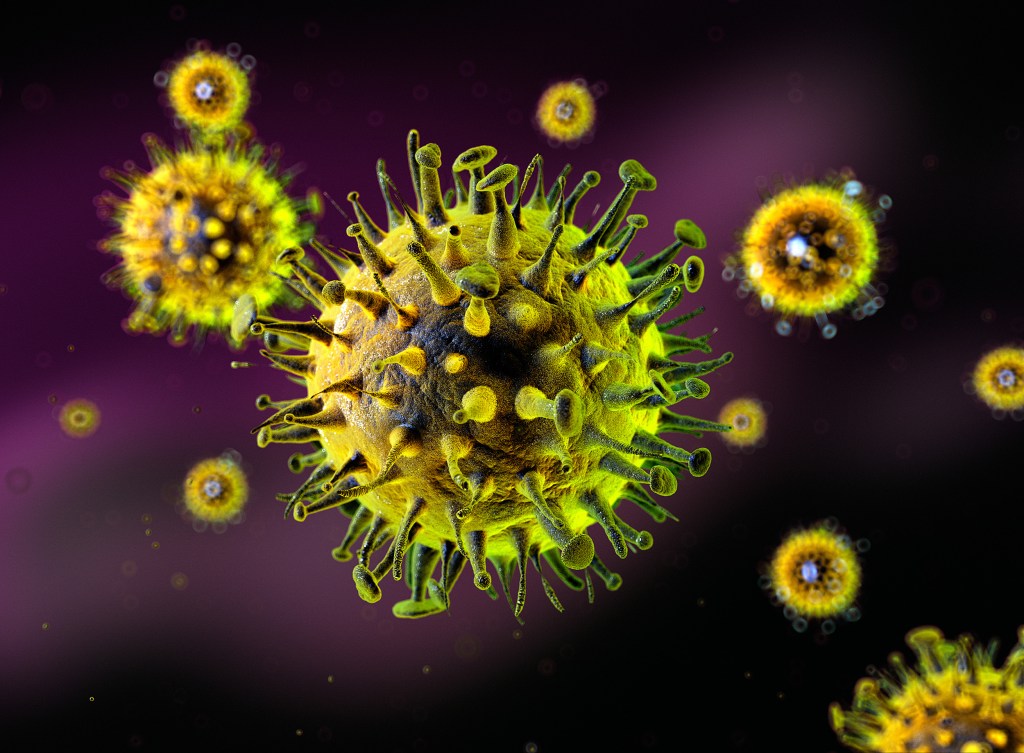
-
Tackling high Rx prices
The HarvardX online platform is offering a free course on the FDA and prescription drug prices. Three faculty members behind the course discuss the issues.

-
Broccoli and Brussels sprouts: Cancer foes
Broccoli, Brussels sprouts and other cruciferous vegetables have long been thought to be good for you, new research finds a mechanism for its cancer-fighting abilities and points the way to a new anti-cancer drug.
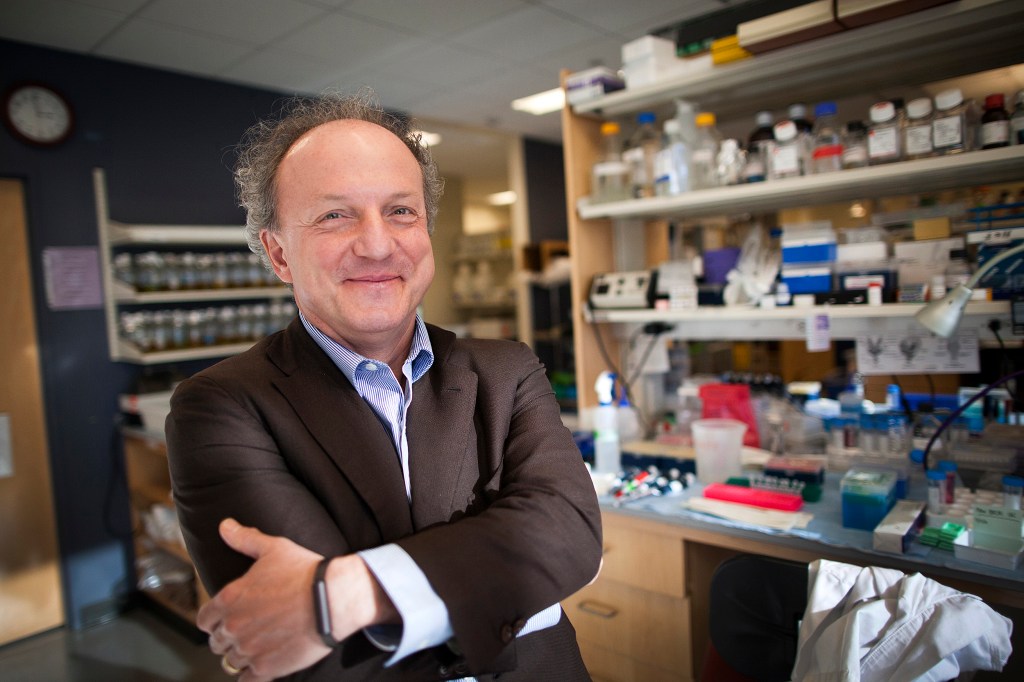
-
Pharma-to-doc marketing a vulnerability in opioid fight
A University of Michigan-Harvard University summit brought experts from the two universities as well as outside organizations to consider ways to address the opioid epidemic.

-
Mini-gut reaction
Researchers at Massachusetts General Hospital have created miniature, simplified versions of the intestine in vitro to explore how the gut lining and microbiome respond to gluten in both healthy and celiac patients.

-
Improving cell therapy for diabetes
A team of researchers led by Harvard University scientists has improved the laboratory process of converting stem cells into insulin-producing beta cells from 30 percent to 80 percent.
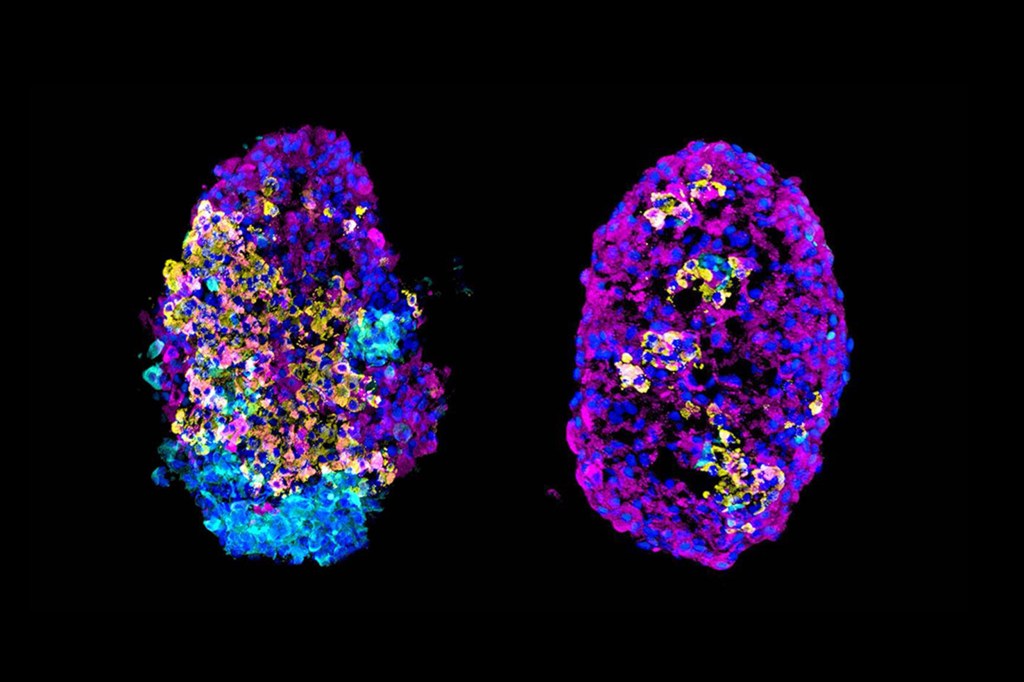
-
Dietary link found to drug-resistant breast cancer
Researchers at Beth Israel Deaconess Medical Center and Harvard Medical School have linked a common dietary element to breast cancer drug resistance, raising the prospect of a new way to attack a major cause of breast cancer death.

-
In the cold and rain, a sprawling lesson on caring
About 250 faculty, students, and volunteers descended on Massachusetts’ Harold Parker State Forest last weekend for a disaster simulation aimed to prepare students studying humanitarian disaster response for the real thing.

-
Bugged by vaping
New research from the Harvard T.H. Chan School of Public Health has examined 75 popular e-cigarette brands and found that 27 percent contained traces of bacterial and fungal toxins associated with myriad health problems.

-
The dietary factor
Based on new research, a randomized placebo-controlled trial in humans indicates that a popular food ingredient called propionate may raise the risk of diabetes and obesity.

-
Sparking a national debate
Environmental protection is not a goal to achieve but a task to be undertaken by one generation and handed to the next, Gina McCarthy, the former EPA administrator and current director of Harvard’s Center for Climate, Health, and the Global Environment, told the Gazette in an Earth Day interview.

-
Calculating genetic risk for obesity
A “polygenic score” for obesity, a quantitative tool that predicts an individual’s inherited risk for becoming overweight, may identify an opportunity for early intervention.

-
Seeing brain activity in ‘almost real time’
Researchers from Brigham and Women’s Hospital, King’s College London, and other institutions have developed a technique for measuring brain activity that’s 60 times faster than traditional fMRI.
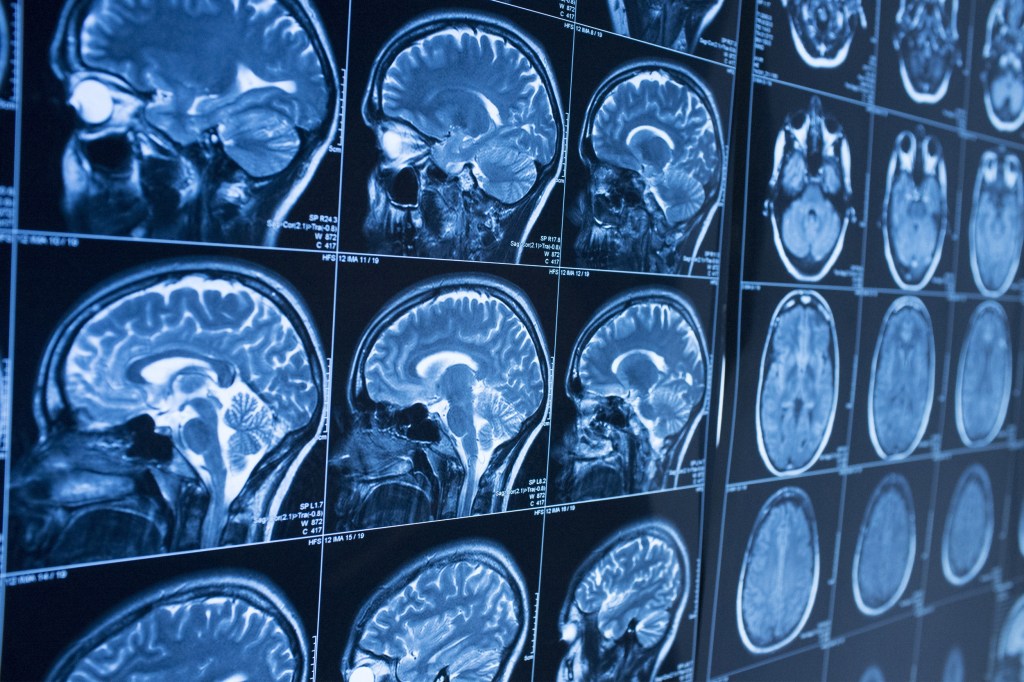
-
As the end nears, who’s in control?
Advocates and opponents of medical-aid-in-dying laws, also called physician-assisted death, gathered at Harvard Medical School for a two-day conference organized by the HMS Center for Bioethics.

-
Weighing in on workplace wellness programs
In the first major multisite randomized controlled trial of workplace wellness programs, researchers found that while they may help people change certain behaviors, they do little to improve overall health or lower health care spending.

-
Detecting DNA defects
A new algorithm designed by HMS scientists can be incorporated into standard genetic tests to successfully identify patients harboring a tumor-fueling DNA repair defect found in multiple cancers treatable with existing drugs.

-
Vitamin D may slow progression of metastatic colorectal cancer
The first randomized clinical trial of vitamin D in patients with metastatic colorectal cancer found that high doses of supplements combined with chemotherapy delayed disease progression.

-
Healthy diet helps older men maintain physical function
A new study shows that older men who maintain healthier diets are 25 percent less likely to develop physical impairment with aging.

-
Hold the soda, hold the fat shaming
Health and policy expert Sara Bleich has found that when trying to change the way people eat, being prescriptive isn’t always the answer.



